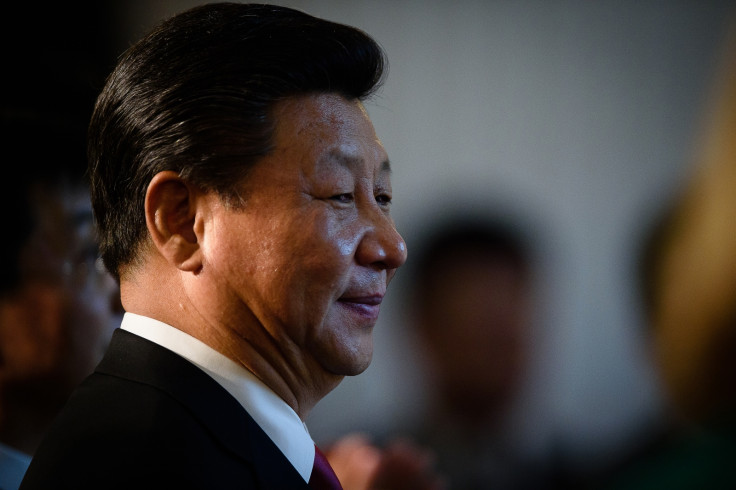China vows to 'vigorously purify' online comments to combat public dissent
President Xi Jinping insists internet censorship is also vital to take on terrorism.

China's internet regulator has announced increased law enforcement supervision of public comment sections on social media platforms and news organisations in a move designed to tackle "outstanding problems" and create a "progressive internet culture".
In a statement, Ren Xianliang, deputy director of the Cyberspace Administration of China, said that online comments were "extremely detested" by the general public and as a result "great efforts" must now be taken to combat them.
Translated into English, the statement notes the department will "vigorously purify" comment threads that cause the "destruction of the ecological network" of public opinion. "People hate [and] we must make great efforts at remediation," the statement reads.
Ren added that "law enforcement supervision and management" will now be strengthened in order to "cultivate a healthy and active, progressive internet culture for good, so rational threads [and] goodwill replies [become] common practice on the internet."
Additionally, as reported by Reuters, the deputy director added that online media outlets must be made to stop producing "click-bait" and properly audit comments to "allow the internet to better benefit the people".
According to the South China Morning Post, Ren also urged websites to make it easier for people to report "harmful" information by building a mechanism for the public to supervise one another's comments however he did not elaborate on how this would be enforced.
News websites in the region were told to get rid of any comments that violate the "nine don'ts and seven bottom lines" – which are official rules governing the web that reportedly include curbing content that endangers state security, challenges socialism or incites ethnic hatred.
Upon receiving the news, a number of commercial websites and state news outlets vowed to follow the government-backed orders, the South China Morning Post reported.
Officials – including President Xi Jinping – have long-argued that internet restrictions and censorship are needed to combat terrorism and curb public dissent. The so-called "Great Firewall of China" is notoriously strict and blocks popular browsers and social media platforms, from Google to Facebook.
In one statement from a technology conference posted by state media outlet, the Xinhua News Agency on 25 April this year, President Xi Jinping said the internet is "not outside the law of the land".
In an attempt to articulate why his country routinely censors the internet for its population, he added: "Fraudulent activities using the internet, pornographic material, personal attacks, selling illegal items [...] must not be allowed to become very popular.
"Cyberspace pandemonium, ecological deterioration, does not meet the people's interests. Nobody wants to live in a world of falsehood, fraud, assault, abuse, terrorism, pornography, violence [...] using the internet to advocate the overthrow of state power, incitement to religious extremism, ethnic separatism ideology preached, instigate violent terrorist activities [...] it must not be allowed to become very popular."
However, one recent study led by a Harvard University scientist called Gary King found evidence the Chinese government "fabricates and posts about 448 million social media comments a year" in order to further state propaganda.
"The Chinese government has long been suspected of hiring as many as 2,000,000 people to surreptitiously insert huge numbers of pseudonymous and other deceptive writings into the stream of real social media posts, as if they were the genuine opinions of ordinary people," the paper stated.
"We infer that the goal of this massive secretive operation is instead to regularly distract the public and change the subject, as most of the these posts involve cheerleading for China, the revolutionary history of the Communist Party, or other symbols of the regime."
© Copyright IBTimes 2025. All rights reserved.






















